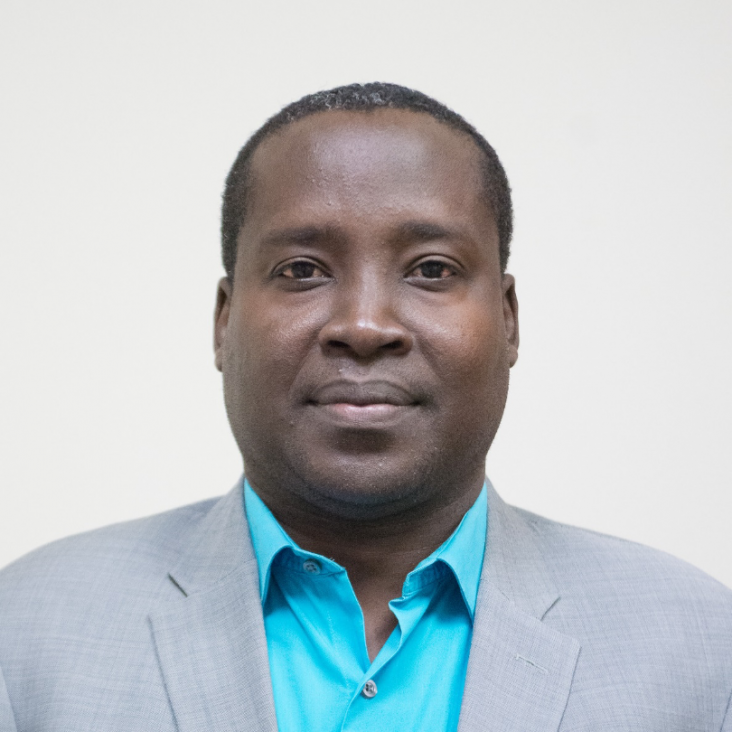Speeches Shim

In the coming editions, GH EnviroLinks will be conducting a series of spotlights on various Missions and Regions in which the Bureau of Global Health (GH) implements its programs. These spotlights will focus on the environmental compliance challenges and successes encountered by these teams, with the aim of improving collaboration across the Agency. First up: GH EnviroLinks had the pleasure of chatting with Abdel Abellard, the Mission Environmental Officer (MEO) for Haiti.
GH EnviroLinks: Abdel, thanks so much for chatting with us. Could you please introduce yourself for our readers?
Abdel Abellard: My name is Abdel Abellard. I am the MEO for Haiti. I have been Acting MEO since in April 2016, but I was officially offered the MEO position in February 2020.
GH: Roughly what percentage of your portfolio is dedicated to health projects?
AA: Health consumes approximately 30% of the Mission’s environmental compliance work. This includes health service delivery, procurement and supply management, and health infrastructure projects and activities.
GH: What was the biggest environmental compliance challenge you faced in Haiti last year?
AA: Waste management in general, and in particular, medical and pharmaceutical waste.
GH: How do you plan to go about improving the environmental soundness of your projects this year? Are you making any changes from previous years?
AA: We plan to conduct an Environmental Safeguards training for Mission staff. In addition, we plan to ensure that Implementing Partners (IPs) are organizing their own compliance trainings for their staff. In terms of changes, we will focus on ensuring that IPs have appropriate staffing, as well as environmental compliance monitoring systems, in place in order to be able to effectively implement the necessary mitigation measures from their environmental documentation.
GH: What is one thing would you like the Bureau for Global Health to understand about implementing health projects in Haiti?
AA: The absence of adequate landfills is one big challenge to be aware of in Haiti. Some big cities, like Cap-Haitien, don’t even have an appropriate dumpsite. In addition, there is a broken system for collecting, transporting, and safely destroying infectious wastes, such as Safety Boxes for sharps, from small clinics in remote areas and even from bigger hospitals. There is also a lack of in-country capacity to manage healthcare waste. For example, there are inadequate incinerators with air pollution control that would meet WHO-recommended standards. There is a strong need for local capacity development.
GH: Abdel, thanks very much for your time!
Subscribe to GH EnviroLinks to receive our quarterly newsletter, including future spotlights, direct to your inbox! To learn more about USAID’s environmental procedures, officers, and initiatives, visits the USAID Environmental Procedures Hub. If you have specific questions related to the GH’s environmental program please contact ghcompliancesupport@usaid.gov.

Comment
Make a general inquiry or suggest an improvement.